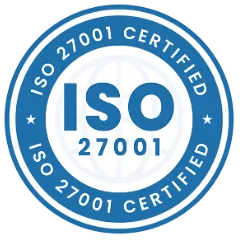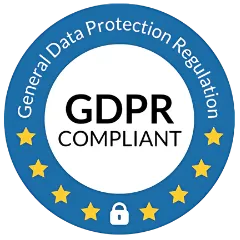Chemical plants are often aged infrastructures, with some facilities operating well beyond their expected lifespans. To ensure continued operations and safety, regular maintenance is essential. This need extends not only to chemical plants but to various other facilities that rely on complex machinery and equipment. Asset management software plays a crucial role in maintaining these assets and ensuring smooth operations.
What Is Plant Asset Management?
Plant asset management involves monitoring the condition of assets, optimizing operations, and improving overall plant capabilities. In a chemical plant, effective asset management is key to minimizing unexpected downtime, reducing operational costs, maximizing the use of plant resources, and ultimately enhancing profitability. Asset Infinity, as a leading asset management software, offers features such as Depreciation Calculations, Asset Reminders, and Audit & Physical Counting to streamline these processes and ensure assets are utilized efficiently.
Importance of Asset Management in the Chemical Industry
Asset management is critical in the chemical industry, where operational efficiency, safety, and regulatory compliance are paramount. Chemical plants rely on various complex and high-value equipment, including reactors, heat exchangers, and storage tanks. If not properly managed, these assets can lead to costly downtime, safety hazards, and environmental risks. Effective asset management ensures that the lifecycle of each asset is optimized, from acquisition to decommissioning, reducing the likelihood of unexpected failures.
By integrating asset management software, chemical plants can monitor real-time data on equipment performance, allowing for better maintenance scheduling, cost management, and more informed decision-making. This data-driven approach also aids in predicting when an asset will need repair or replacement, preventing costly and unplanned outages.
Asset management also plays a crucial role in staying compliant with stringent industry regulations. Chemical plants must adhere to a variety of environmental, safety, and operational standards. Asset management software simplifies compliance by providing thorough documentation, regular maintenance records, and audit trails, ensuring that plants meet all legal obligations efficiently.
Challenges of Managing Assets In the Chemical Industry
The chemical industry faces unique challenges when it comes to managing assets. Here are some of the major hurdles:
1. Aging Infrastructure
Many chemical plants have been operational for decades. Managing old assets often comes with challenges like unexpected equipment failures, increased maintenance costs, and difficulty in sourcing parts for older machines. Ensuring that aging assets continue to function effectively requires a comprehensive asset management approach.
2. Complex Machinery
Chemical plants are home to intricate systems and machinery. Keeping track of the condition and performance of each piece of equipment manually is nearly impossible. Without the right asset management tools, these machines can suffer from poor maintenance, leading to breakdowns and productivity losses.
3. Strict Compliance Requirements
The chemical industry is heavily regulated. Non-compliance with safety, environmental, or operational regulations can lead to severe penalties and reputational damage. Asset management solutions help ensure that equipment is compliant with industry standards, reducing the risk of accidents and legal issues.
4. Safety Concerns
Assets in chemical plants often deal with hazardous materials. Any failure or lack of maintenance could pose serious risks to workers and the surrounding environment. Keeping assets in good condition through proper management helps mitigate these risks and protects both human lives and the ecosystem.
5. Cost Management
The high maintenance and operational costs associated with chemical plants make it critical to have a system that can manage budgets efficiently. Without a structured asset management system, companies often face overspending on repairs, spare parts, and replacements.
Benefits of Asset Management in Chemical Plants
1. Tracking Lifecycle
From the moment an asset is acquired, asset management begins. Asset Infinity helps track the operational life of assets, ensuring timely maintenance and avoiding sudden breakdowns. By leveraging RFID Handhelds, QR/Barcode Designer, and other tracking technologies, the software provides real-time data on asset health and maintenance schedules, reducing the risk of operational disruptions and safeguarding the plant's reputation.
2. Proactive Maintenance
Asset management software like Asset Infinity functions as a predictive maintenance tool, enabling experts to assess the condition of assets and make informed decisions on whether to maintain, repair, or replace them. This proactive approach increases the reliability of equipment, reduces the likelihood of sudden failures, and enhances overall plant safety.
3. Calibration Enhancement
Calibration management is a critical aspect of plant operations, ensuring that equipment functions efficiently and safely. Asset Infinity offers flexible workflows and custom fields to schedule and manage calibration activities, helping technicians and engineers maintain precise control over plant instrumentation and equipment.
4. Regulatory Compliance
Compliance is a significant concern for chemical plants, where assets often contain hazardous materials that pose risks to both employees and the environment. Asset Infinity assists in maintaining strict regulatory compliance by providing detailed asset reports, supporting **audit and physical counting**, and ensuring that all safety protocols are followed. This not only protects the organization from legal liabilities but also enhances its reputation in the industry.
Best Practices in Chemical Industry Asset Management
Implementing asset management in a chemical plant requires adhering to some best practices to maximize efficiency and reduce risks:
1. Proactive Maintenance Planning
One of the most effective practices is to implement a proactive or preventive maintenance schedule. Regular checks and maintenance reduce the risk of asset failures and increase equipment longevity. Using asset management software like Infizo CMMS allows plants to automate these schedules and ensure nothing is missed.
2. Leverage Real-Time Monitoring
Incorporating real-time monitoring tools like IoT sensors and RFID technology allows chemical plants to monitor asset performance continuously. This approach helps detect issues early, allowing for timely interventions before they escalate into major problems.
3. Comprehensive Asset Tracking
Maintaining accurate asset data is critical. Tracking the complete lifecycle of assets—from procurement to disposal—ensures optimal performance and aids in financial planning. Advanced asset management systems offer automated asset tracking and provide insights into utilization and maintenance needs.
4. Regulatory Compliance Integration
Ensuring that the asset management system integrates compliance management features is essential in the chemical industry. The software should be capable of generating compliance reports, managing documentation, and scheduling safety checks to meet legal requirements.
5.Employee Training and Engagement
A successful asset management strategy involves training employees to use the system effectively. Technicians and operators should be familiar with asset management tools, and their feedback should be considered when making decisions on maintenance and upgrades.
6. Data-Driven Decision Making
Use the data collected from asset management systems to inform strategic decisions. By analyzing trends, maintenance logs, and performance data, chemical plants can optimize their asset usage, reduce costs, and increase operational efficiency.
7. Implement Predictive Maintenance
Utilizing predictive analytics is an advanced practice that can further optimize asset management. By predicting when an asset will fail based on historical data and trends, maintenance can be scheduled before a problem occurs, significantly reducing downtime and maintenance costs.
Conclusion
Choosing the right asset management software is crucial for optimizing operations in a chemical plant. While two organizations in the same industry may have different requirements, Asset Infinity offers a versatile solution tailored to meet the specific needs of your facility. With features designed to support comprehensive asset management, including asset coding structures and export/import functionalities, Asset Infinity ensures that your plant runs efficiently, safely, and profitably.
By using the right tool, you can conduct thorough audits, perform physical verifications, and generate detailed reports that help identify issues before they escalate. This proactive approach not only enhances productivity but also ensures the long-term sustainability of your plant operations.
Frequently Asked Questions (FAQs)
1. Is plant asset management based on cloud technology?
Yes, Asset Infinity's plant asset management solution is cloud-based, offering flexibility and real-time access to critical data.
2. How can plant asset management be improved?
Continuous updates in asset tracking technology, such as IoT and RFID, can enhance the capabilities of plant asset management, leading to greater accuracy and customer satisfaction.
3. How does downtime affect productivity in a chemical plant?
Downtime can severely impact productivity, leading to operational delays and financial losses. For example, an automotive manufacturer in the United States reported losses of $22,000 per minute due to production stoppages.
4. How can chemical plant asset management reduce operational costs?
Chemical plant asset management reduces operational costs by improving the efficiency and longevity of equipment, minimizing unplanned downtime, and streamlining maintenance processes. With asset management software, chemical plants can implement proactive maintenance schedules, which prevent unexpected breakdowns and reduce costly emergency repairs. Additionally, real-time monitoring of assets allows for early detection of issues, ensuring timely interventions before they become major problems.












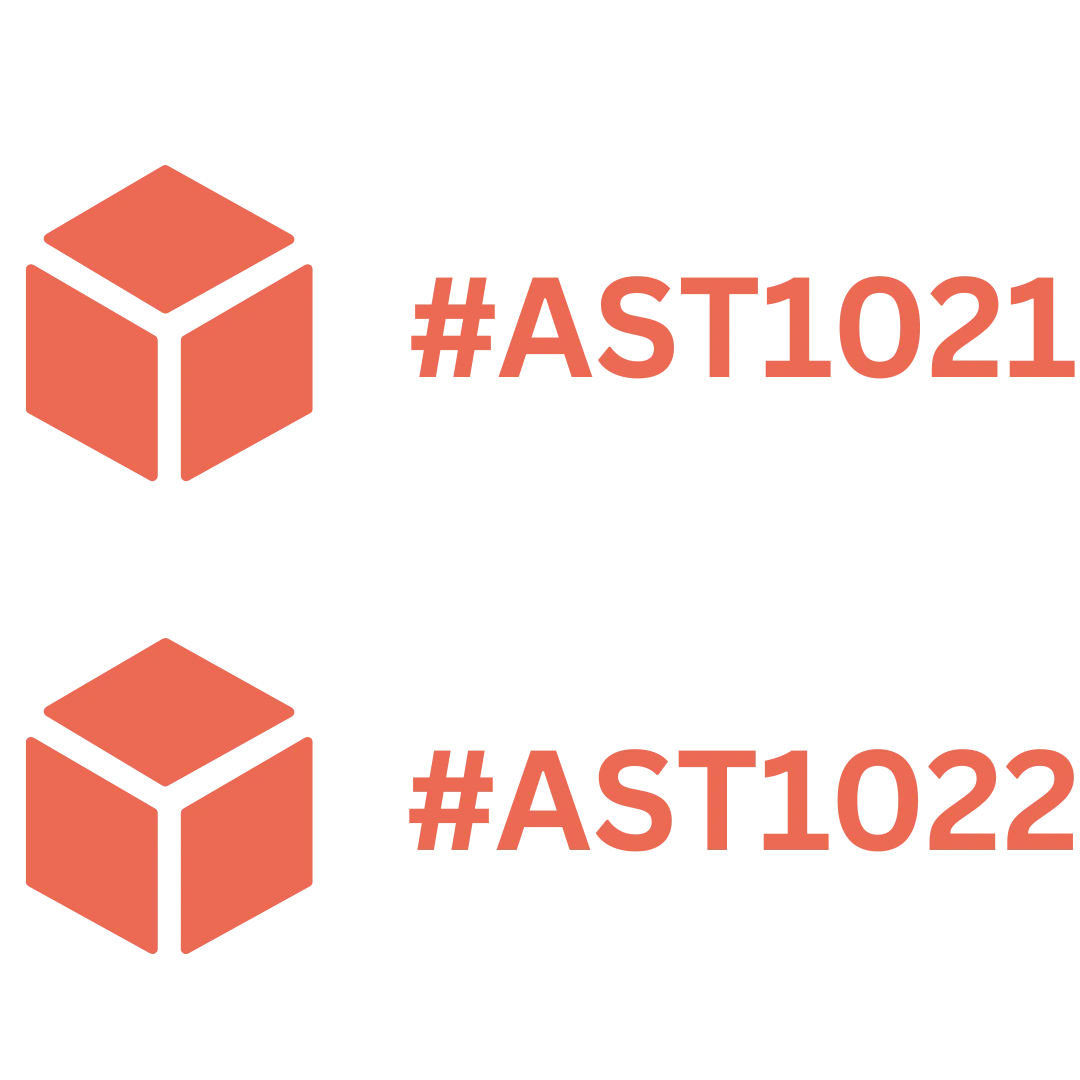

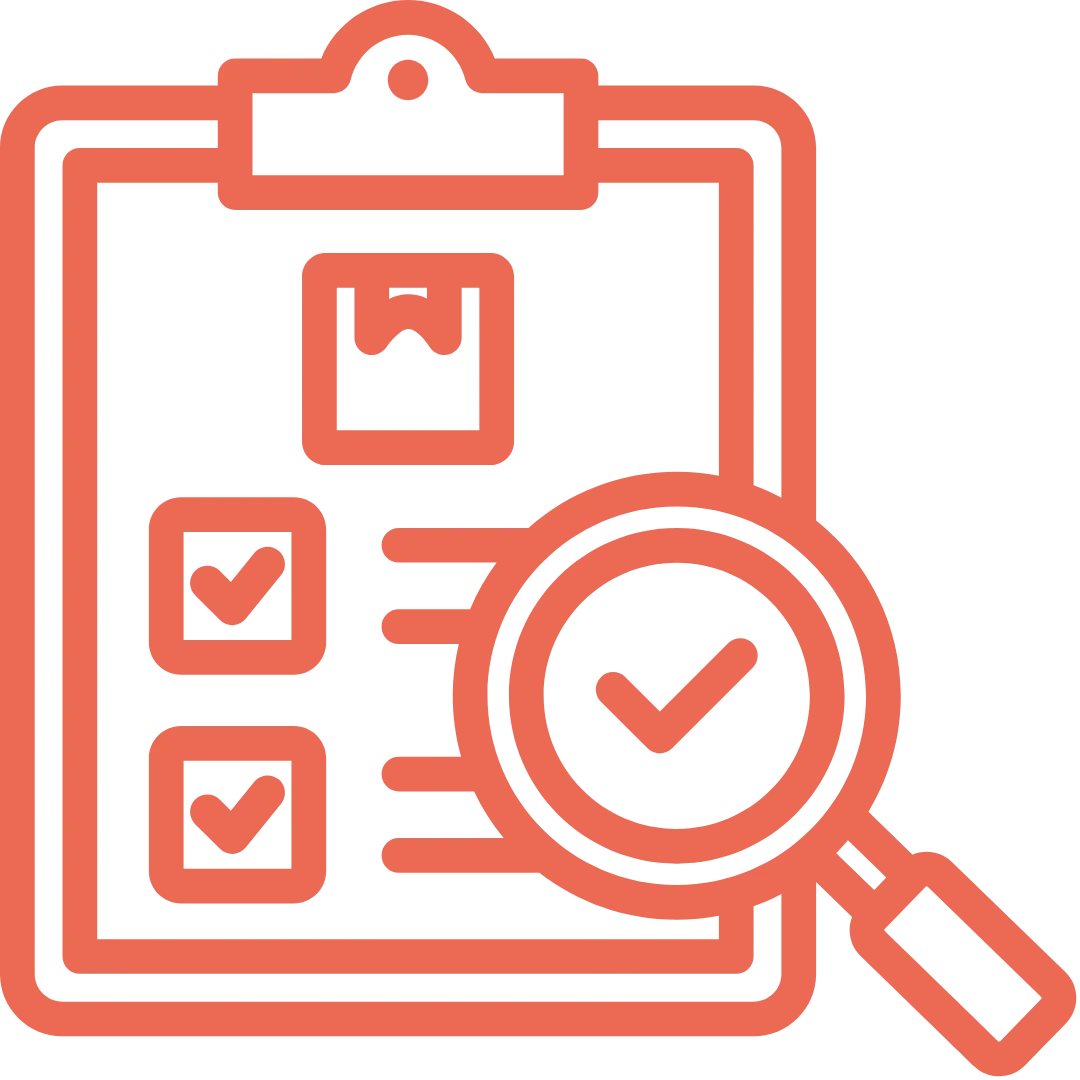





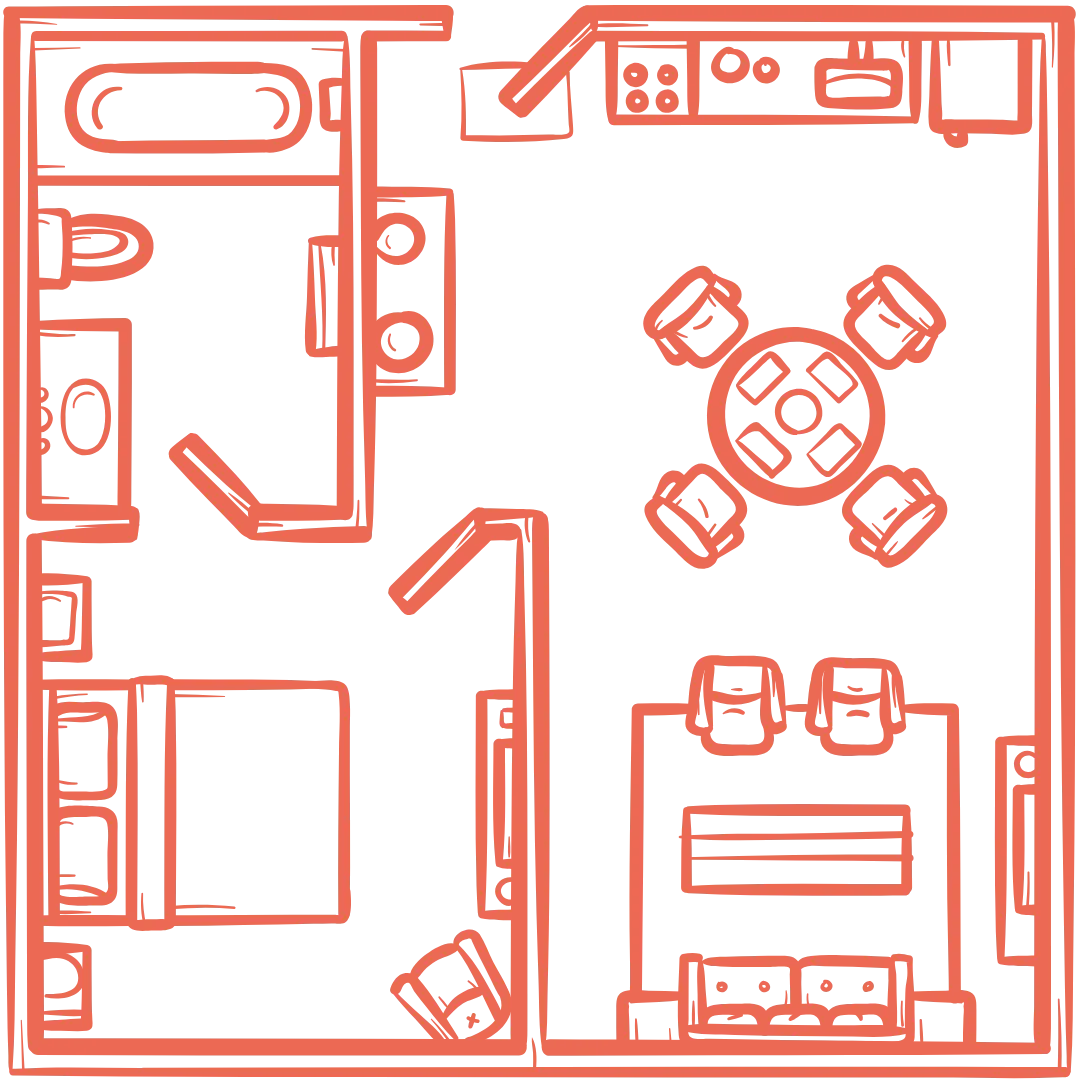




























.webp)
.webp)
.webp)
.webp)
.webp)
.webp)
.webp)
.webp)
.webp)

.svg)




.webp)
.webp)














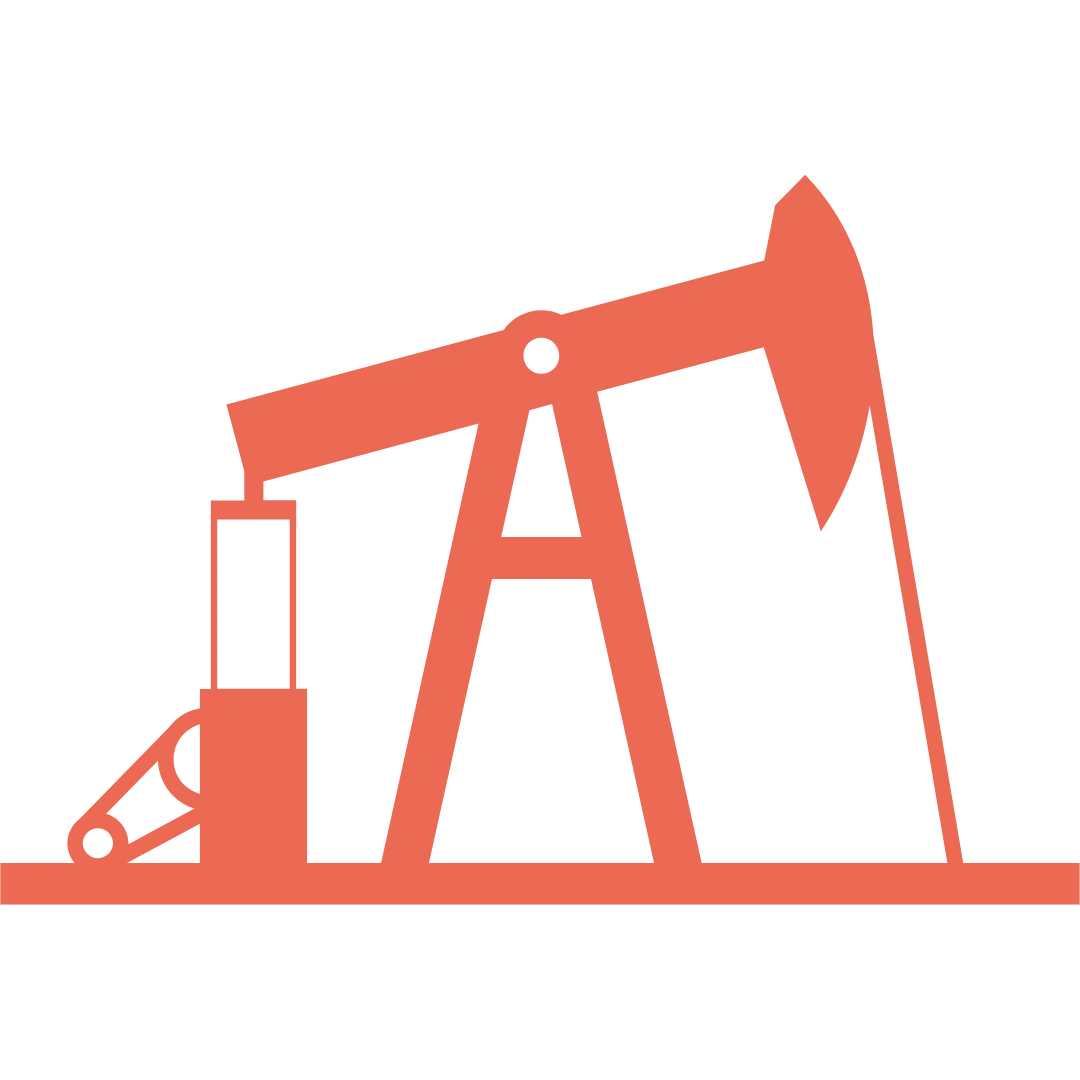




























.png)




.webp)


















